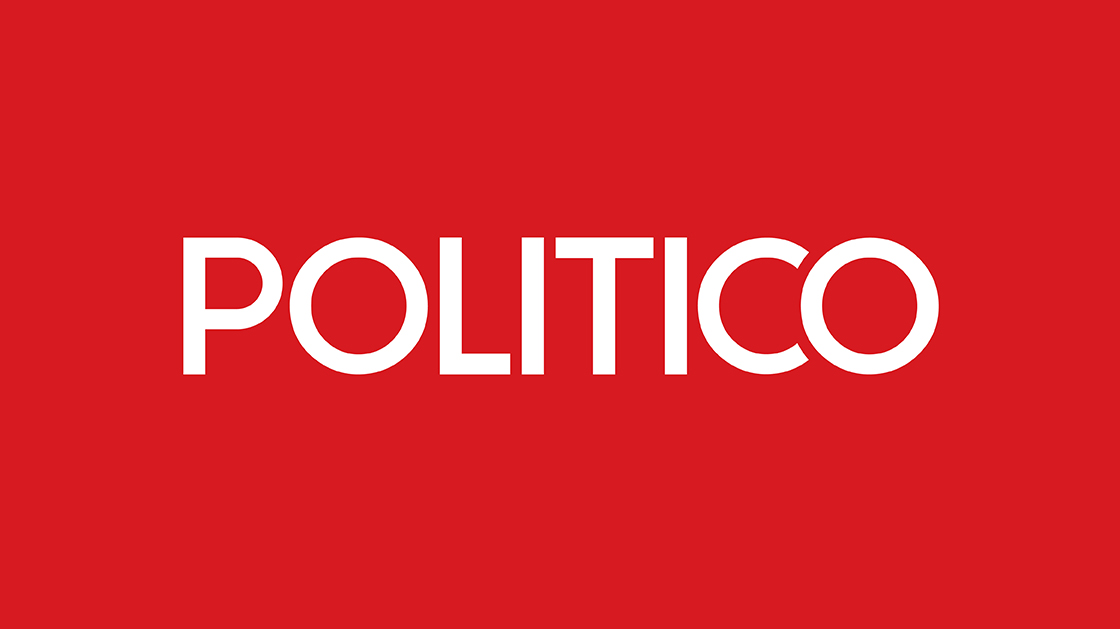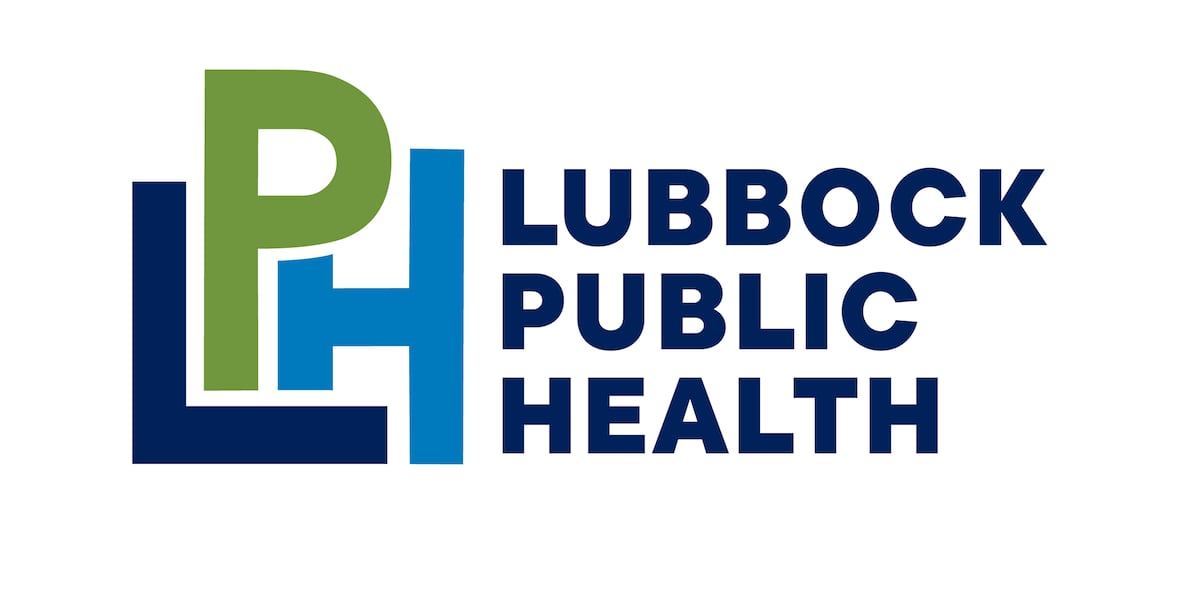Capitol Hill Erupts: Prior Authorization Under Fire as Lawmakers Demand Reform

A growing bipartisan concern is emerging as both Republican and Democratic lawmakers push back against the Trump administration's proposed Medicare treatment approval process. The controversial plan could potentially limit healthcare access for senior citizens, raising alarm across party lines.
Key lawmakers argue that the new requirements would create unnecessary bureaucratic hurdles, potentially preventing older Americans from receiving timely and critical medical treatments. While the administration claims the changes aim to control healthcare costs, critics contend that the proposed prior approval system would ultimately harm vulnerable patients.
Republican and Democratic representatives alike are voicing their opposition, emphasizing the potential negative impact on Medicare beneficiaries. The proposed restrictions could force seniors to navigate complex approval processes, potentially delaying essential medical care and causing undue stress for patients and their families.
As the debate continues, lawmakers are calling for a more patient-centered approach that prioritizes healthcare accessibility and quality of care for older Americans.








